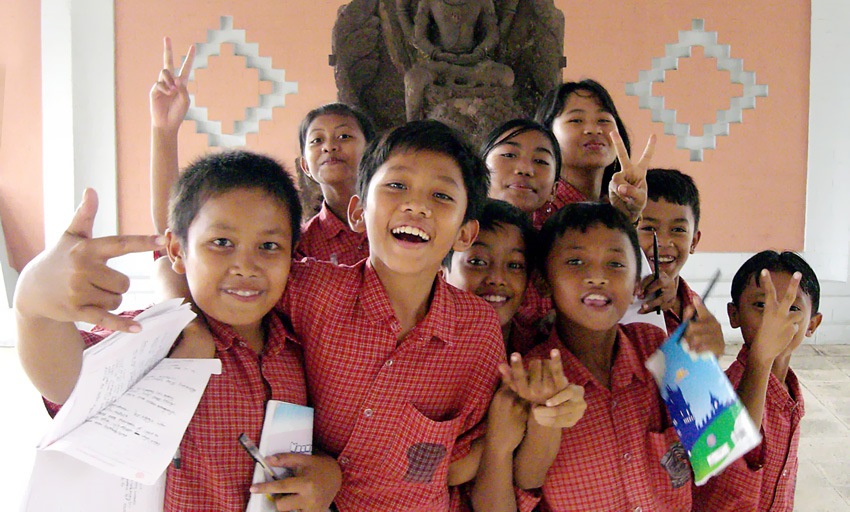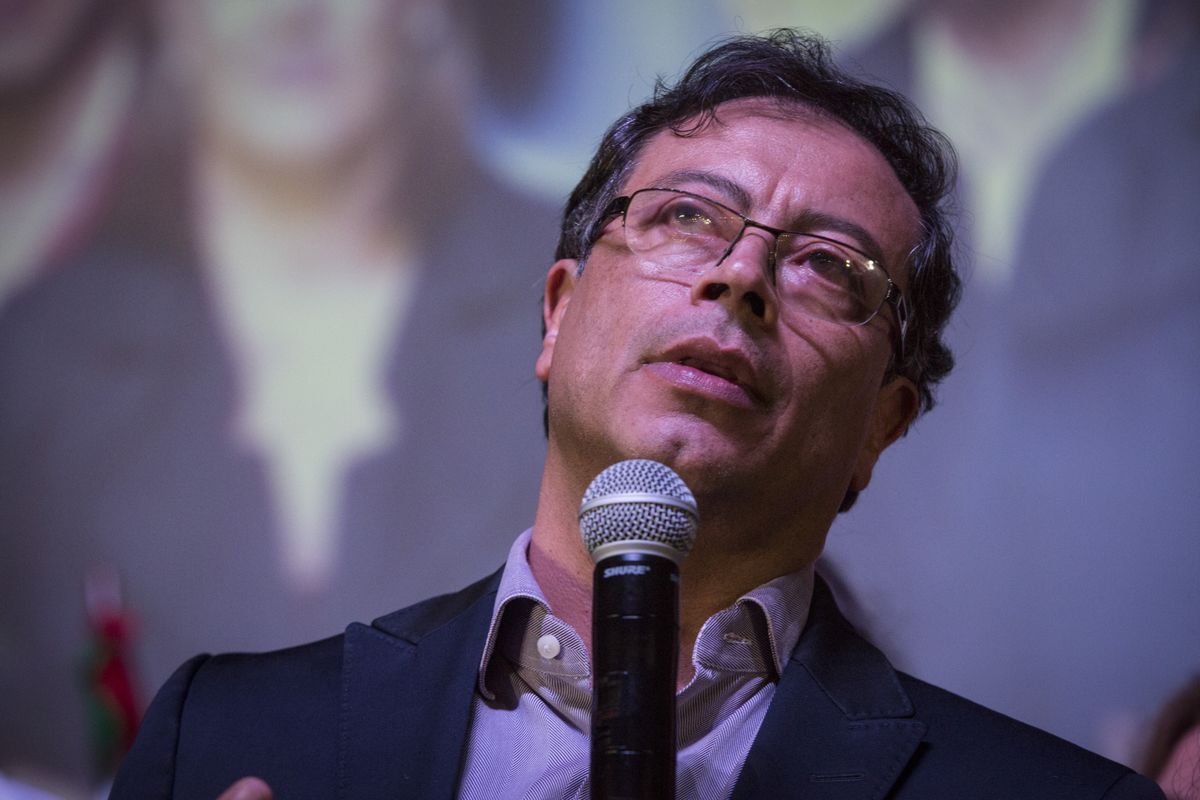Guest blogger, Giorgos Koulouris, looks at the current state of global poverty and suggests how the Sustainable Development Goals can help in creating a fairer world for all.
Mahatma Gandhi had stated that “poverty is the worst form of violence,” a phenomenon that mainly plagues the population in the developing countries. Poverty is key issue for human rights, sustainable development, social cohesion. This phenomenon has been concerning the international community from 1945. United Nations had taken initiatives to eliminate poverty by setting the Millennium Goals in 2000 and the Sustainable Development Goals in 2015. Both had as first Goal the fight against poverty, with the former having priority in the developing South and the latter having a universal approach.
World Bank since 2015 has updated the international poverty line to $1.9/day, but this is not the only way to define if someone is poor or not, as poverty is a multidimensional phenomenon. Services such as access to clean water, sanitation and education are not directly related to the monetary approach but should be taken into account in the fight against poverty. This is why Sustainable Development Goal 1 UN aims to end the poverty in all its manifestations by 2030.
The roots of poverty
Colonialism between 15th and 19th centuries played significant role in the consolidation of poverty in the developing countries. Trafficking and exploitation by the metropolises prevented development in these areas, especially at a time when Europe and the USA were experiencing the Industrial Revolution.
Another issue is that after the decolonization in the 1960s, they had closed political and economic institutions. The closed institutions did not favor the control of political power and the diffusion of economic activity, as there was an accumulation of wealth in the elite.
Poverty in the Developing countries. The truth…
The total world population is 7.4 billion, while in 2050 it is estimated to reach 9.7 billion. This growth will happen -mainly- in the developing countries, intensifying the need to address poverty. The largest population growth will be in Africa, about 1.3 billion, while South Asia will grow by 750 million. Taking into consideration that these areas face the biggest poverty problem, the demographic increase will deteriorate the situation.
Latest figures from the Millennium Development Goals show that the number of poor is about 10% of the world’s population, approximately 767 million.. The majority of the poor live in Sub-Saharan Africa with 390 million, but also in South Asia with 256 million. The greatest progress has been made in East Asia, which, due to China’s economic growth, has reduced its share of 61% to just 4% of the population.
Most of the poor live in rural areas, almost 80%, while 64% are employed in the agricultural sector. Those working on agricultural sector face unstable conditions, as they are extremely dependent on weather conditions (floods, draughts etc.), therefore their income is not guaranteed.
Furthermore, child poverty is particularly important, as 385m children under 18 years old are afflicted from poverty. The repercussion of this is that these children become more vulnerable to illnesses, develop a low cognitive level and are difficult to overcome this situation.
Poverty is not just by income
Beyond the income dimension it is necessary to look at other key areas that are related to people’s daily life. Income does not guarantee prosperity, as poverty a multidimensional issue, including health, education and living standards.
Health is totally linked with poverty, mainly nutrition and child mortality. In 2015, 815m people were identified as malnourished, 780m of them live in the developing countries. The repercussions of malnutrition are evident in children with growth stagnation.
Moreover, education plays a fundamental role in the fight against poverty. Despite the relative improvement, 57m of children remain out of school, while inequalities are observed between children coming from poor or wealthier families, as the former are 4 times more likely to be out of education. Similar situation exists between rural and urban areas, as 16% of rural areas are not in schooling compared to 8% of urban ones. Actually, dropping out of school eliminates the opportunities of children to break the poverty cycle.
Another factor which should be taken into account is the standard of living which includes indicators such as access to sanitation, clean drinking water and electricity. These categories, although they are taken for granted in the developed countries, are not part of the everyday life of a wide range of people. In particular, 1.2 billion people do not have access to electricity, 663 million people worldwide use impaired water sources such as insecure well and water from the surface of the land, while 68% of people have access to sanitation.
“No one should be left behind…”
The ongoing Sustainable Development Goals are aiming at eradicating poverty in all its dimensions by 2030, a really ambitious goal. However, concerted action is required at both international and national level. Efforts to limit poverty by monetary criteria are important but it is not the only way. Basic services that, in the developed world, are taken for granted, for much of the developing world are not accessible or of the same quality. UN, EU and developed countries should support developing countries on how to improve their standard of living and not just to eliminate the number of poor people, without ensuring a promising future and a decent life.
Poverty cannot be eradicated only by emphasizing on programs that make people dependent to them. Access to education and health services, democratic institutions, gender equality, clean water and the promotion of equal opportunities are some of the services that can contribute effectively to the creation of a better future for all. What SDGs say is “no one should be left behind”, therefore for the international community should work in this way, emphasizing more on the needs of developing countries. For this reason, SDGs should invest more in actions that aim at building effective states, which can provide better living conditions to the people of developing countries, enabling them thus for having equal opportunities and a more decent life.
Giorgos Koulouris (@KoulouGiorgos) is a Political Scientist based in Athens, working as Communication Specialist in the field of Civil Society in Greece. He obtains a Degree on International & European Studies from University of Piraeus and a M.A on Sustainable Development. His interests focus on social inclusion, education, employment, inequalities and human rights. He is a blogger in Greece and abroad in Huffingtonpost.gr, SocialEurope.eu & Euronews.com about politics, international relations and social issues. He has been involved in numerous projects which promote equality, human rights and fight any kind of discrimination.
The views expressed in this post are those of the author and in no way reflect those of the International Development LSE blog or the London School of Economics and Political Science.





